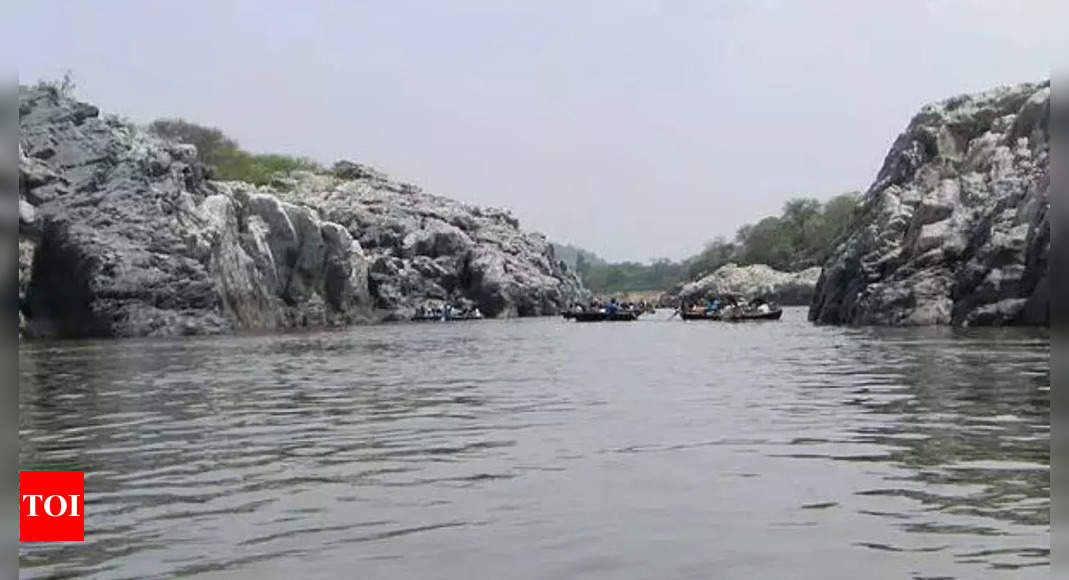The Supreme Court of India has refused to interfere with the order of the Cauvery Water Management Authority (CWMA) directing Karnataka to release 5,000 cusecs of water to Tamil Nadu. A bench of Justices B R Gavai, P S Narasimha, and Prashant Kumar Mishra rejected Tamil Nadu’s plea to increase the share of Cauvery river water from 5,000 to 7,200 cusecs per day. The court’s decision comes in the midst of an ongoing dispute between Karnataka and Tamil Nadu regarding the sharing of Cauvery river water.
The Cauvery water-sharing dispute between Karnataka and Tamil Nadu has been a longstanding issue, with both states blaming each other. In order to determine if the water was being shared as per CWMA’s order, the Supreme Court had previously sought a report from the authority. In its response, CWMA provided details of the amount of water released by Karnataka to Tamil Nadu on a daily basis. Between August 12 and 26, Karnataka released 149,898 cusecs of water.
The Supreme Court’s decision to uphold the CWMA’s order is significant as it may have implications for the ongoing dispute between Karnataka and Tamil Nadu. The sharing of Cauvery river water has been a contentious issue between the two states, leading to protests and unrest. Both states have been seeking a larger share of the water, and the court’s decision has now settled the matter for the time being.
The Cauvery river is a crucial water source for both Karnataka and Tamil Nadu, and disputes over its sharing have a long history. The formation of CWMA was an attempt to address the issue and ensure a fair distribution of water. However, continuous conflicts and disagreements between the two states have made it a challenging task.
The Supreme Court’s refusal to interfere with CWMA’s order signifies the court’s trust in the authority’s decision-making process. By upholding the order, the court has sent a message that it believes the authority’s judgment is fair and in accordance with the facts. The decision is also expected to bring some temporary relief to Tamil Nadu, which has been facing water scarcity.
However, the larger issue of water-sharing between Karnataka and Tamil Nadu still needs to be resolved. The dispute has had a significant impact on the lives of people in both states, affecting agriculture, drinking water supply, and overall development. The Supreme Court’s decision highlights the need for a long-term solution that takes into account the interests of both states and ensures equitable sharing of resources.
Meanwhile, the CWMA will continue to play a crucial role in mediating the water-sharing dispute and implementing its orders. As the highest court in the country has upheld the authority’s decision, it is expected that both Karnataka and Tamil Nadu will comply with the order and work towards resolving the larger issues surrounding water-sharing.
In conclusion, the Supreme Court’s decision to refuse interference with the CWMA’s order brings temporary clarity to the long-standing Cauvery water-sharing dispute. However, a sustainable solution is still required to address the deeper issues and ensure a fair and balanced distribution of water between the states. The court’s decision underscores the importance of resolving conflicts through legal and administrative processes, rather than resorting to unrest and protests.










